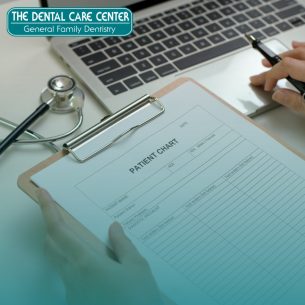
Why do you need Medical Clearance for a Dental Visit? Understanding the Importance of Medical Clearance for Dental Visits: Medical clearance for dental procedures serves as a vital precautionary measure to ensure the safety and well-being of patients, particularly those with underlying medical conditions or taking certain medications. Let’s explore why medical clearance is necessary … Continue reading Why do you need Medical Clearance for a Dental Visit?
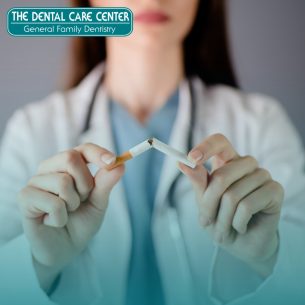
Smoking and Your Teeth: Understanding the Oral Health Risks While the detrimental effects of smoking on overall health are well-documented, its impact on oral health is often overlooked. Smoking not only stains teeth and causes bad breath, but it also poses significant risks to oral tissues and structures. Let’s delve into the oral health consequences … Continue reading Smoking and Your Teeth
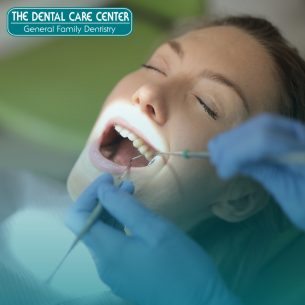
Routine vs. Deep Cleaning: Understanding Your Dental Cleaning Options Regular dental cleanings are essential for maintaining good oral health, but not all cleanings are created equal. Understanding the difference between routine cleanings and deep cleanings can help you better prepare for your dental appointments and address any concerns you may have. Let’s explore the distinctions … Continue reading Routine Dental Cleaning vs. Deep Cleaning

Routine vs. Deep Cleaning: Understanding Your Dental Cleaning Options Regular dental cleanings are essential for maintaining good oral health, but not all cleanings are created equal. Understanding the difference between routine cleanings and deep cleanings can help you better prepare for your dental appointments and address any concerns you may have. Let’s explore the distinctions … Continue reading Routine Dental Cleaning vs. Deep Cleaning
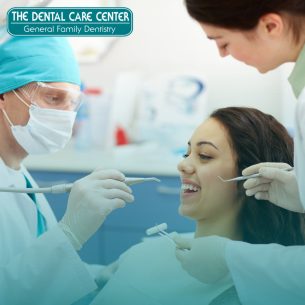
Demystifying Dental Checkups: What to Expect at The Dental Care Center What can you expect during a dental checkup? For many, a visit to the dentist can induce a sense of anxiety, but oftentimes, it’s the fear of the unknown that looms largest. Understanding what to expect during a routine dental checkup can help alleviate … Continue reading Demystifying Dental Checkups: What to Expect at The Dental Care Center
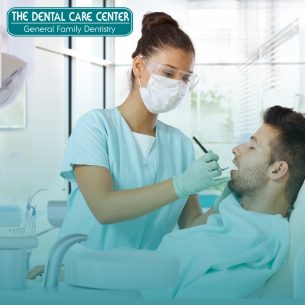
Demystifying Dental Checkups: What to Expect at The Dental Care Center For many, a visit to the dentist can induce a sense of anxiety, but oftentimes, it’s the fear of the unknown that looms largest. Understanding what to expect during a routine dental checkup can help alleviate some nerves and ensure a smoother experience. Let’s … Continue reading Demystifying Dental Checkups: What to Expect at The Dental Care Center

Introducing Smile Club: Your Path to Affordable Dental Care At The Dental Care Center, we understand the importance of maintaining good oral health without breaking the bank. That’s why we’re excited to introduce our Smile Club, designed to make dental care more accessible and affordable for you and your family. Here are 10 things you … Continue reading Introducing Smile Club: Your Path to Affordable Dental Care
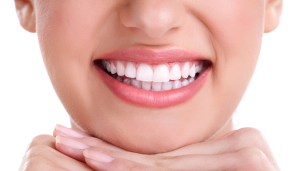
As we embrace the new year, it’s time to renew not only our personal resolutions but also our commitment to dental health. Understanding and utilizing your dental insurance benefits can seem complex, but with a bit of planning, you can ensure you’re not leaving valuable resources on the table. Here’s a guide to help you … Continue reading Start Your Year with a Smile: Maximizing Dental Benefits for a Healthier You!
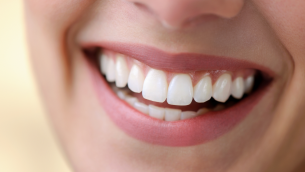
Creating a Winning Smile: The Ultimate Guide to Dental Health and Aesthetics As a leading dental practice with multiple locations in North Carolina, we understand the importance of a healthy, radiant smile in today’s world. Not only does it boost your self-confidence, but it also plays a crucial role in your overall well-being. In this … Continue reading Creating a Winning Smile: The Ultimate Guide to Dental Health and Aesthetics
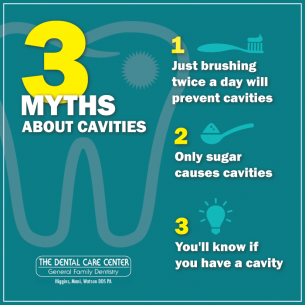
Most people know what cavities are (damage to a tooth due to decay), but there’s tons of misinformation out there about prevention and treatment. Here are 5 myths about cavities and how to prevent them. 1. Just brushing twice a day will prevent cavities Brushing your teeth is an essential part of your oral health, … Continue reading 5 Myths About Cavities and How to Prevent Them
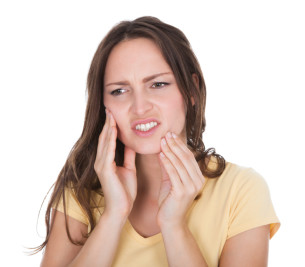
Dental health is important to everyone, but if you have certain health conditions, your oral hygiene is a higher concern. Diabetes is one such condition.
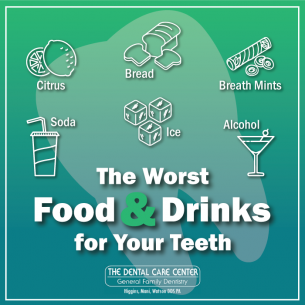
There are many options for improving your oral health, from getting cavities filled to avoid further damage to whitening your teeth to remove stains. However, the best option is to try to do all you can to prevent these issues. The CDC found that 90% of adults have had a cavity in their lifetime. That’s … Continue reading The Worst Food and Drinks for Your Teeth

Want to skip this holiday? We don’t blame you, but there is no need. National Toothache Day is about spreading awareness and educating people on the importance of dental health and the prevention of toothaches.
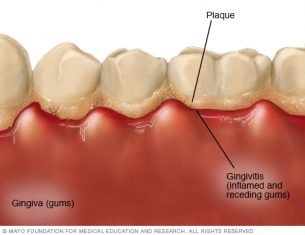
While gingivitis sounds like something bad, you might not be quite sure what it is, especially if you are taking good care of your teeth. Gingivitis is definitely something to avoid, and it’s one of the many reasons we encourage you to keep brushing AND flossing.
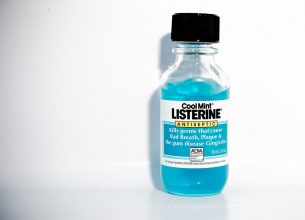
What do you think of when you hear mouthwash? A quick fix to bad breath? Cosmetic mouthwashes do a great job of masking halitosis. But you may not know is that some types of mouthwashes do a lot more. Here are some of the top rated oral rinses that we recommend.
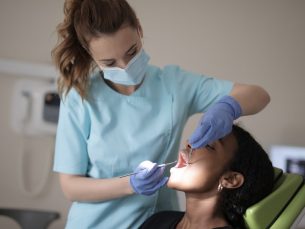
Going to the dentist is something that we usually put at the bottom of our to-do lists. But why? These are the reasons why you need a regular dentist visit.
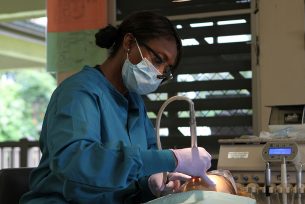
A lot of people wonder about the tools we use, so here is the lowdown on the polishing process part of your six-month checkup.
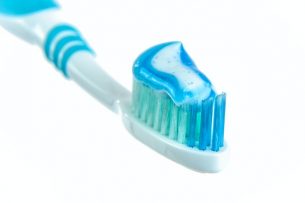
Which is the right toothpaste for you? We know it can be confusing with so many options, so we are going to help you make your decision.
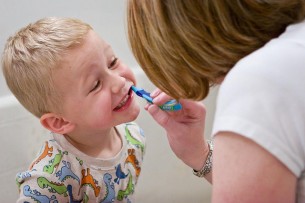
Getting children to brush their teeth can be a battle, and it is essential to their growth as they develop their teeth and other parts of their mouth. Twice a day you’re in the bathroom encouraging them to brush.

There they are one day: your baby’s teeth! Now what? Find out more about what to expect when your baby’s teeth begin to come in.